Are you interested in optimizing your nutrition and achieving a balanced diet? Understanding the nutritional value of the foods we consume is essential for maintaining a healthy lifestyle. That’s where a nutritional value analyzer comes in. Using this innovative tool, you can understand the science of macro and micronutrients and how they support overall health.
Macro and micronutrients play vital roles in providing energy, building tissues, and supporting various bodily functions. Nutritional value analyzers use advanced technology to measure the nutrients in different foods, giving you insights into your daily nutrient intake.
This article will explore macro and micronutrients, how nutritional value analyzers work, and give practical tips on using these devices to improve your nutrition. Get ready to take control of your health and make informed dietary choices.
Importance of understanding macro and micronutrients

Understanding macro and micronutrients is crucial for maintaining a healthy and balanced diet. Macro and micronutrients play distinct roles in our bodies, and each nutrient has specific functions and benefits. Understanding these nutrients helps you make smart dietary choices for a healthy body and optimal function.
Macro and micronutrients provide energy, support growth and development, strengthen the immune system, and contribute to overall health and well-being. They also help prevent nutrient deficiencies and reduce the risk of chronic diseases. Understanding the importance of nutrients helps you create a balanced diet with a variety of foods.This knowledge is essential for achieving and maintaining optimal health.
Role of nutritional value analyzers in decoding the science behind them
Nutritional value analyzers help us understand the nutrition in our food. They provide detailed nutrition facts, such as the amounts of different nutrients. These analyzers use advanced methods and calculations. They measure our food portions, identify ingredients, and use known nutrition data to determine nutrient content.
This information helps us make informed food choices, ensuring we get the nutrients we need. The analyzers can also detect nutrients that are not visible. They can reveal deficiencies in our diet. With this information, we can adjust our food intake for a balanced diet. By doing so, we improve our eating habits and our overall health.
Macro and Micronutrients: An Overview
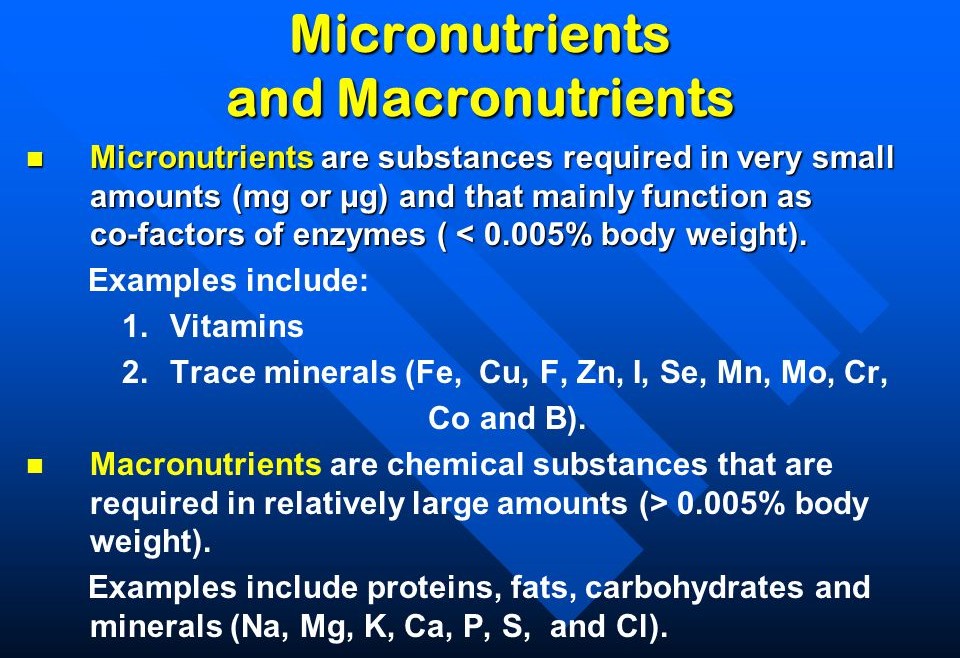
To understand nutrition science, it’s important to know about macro and micronutrients. Our bodies need macronutrients in large amounts. These include carbohydrates, proteins, and fats, which give us energy, help us grow, and keep our bodies working. Micronutrients, however, are needed in smaller amounts. These are vitamins and minerals, important for metabolism, a strong immune system, and good health. Both types of nutrients are vital for a healthy diet and well-being. Knowing what these nutrients do and where to get them helps people choose the right foods for their nutritional needs.
Differentiating between macro and micronutrients
When it comes to understanding the science of nutrition, it’s important to differentiate between macro and micronutrients.
- Macronutrients are the nutrients that our bodies require in larger quantities to provide energy and support vital functions. These include carbohydrates, proteins, and fats.
- Carbohydrates provide energy for the body, while proteins help with growth, repair, and the production of enzymes and hormones.
- Fats are necessary for insulation, protection of organs, and the absorption of fat-soluble vitamins. On the other hand, micronutrients are required in smaller amounts but are equally important. These include vitamins and minerals that play crucial roles in metabolism, immune function, and overall health.
The significance of each nutrient in maintaining a balanced diet
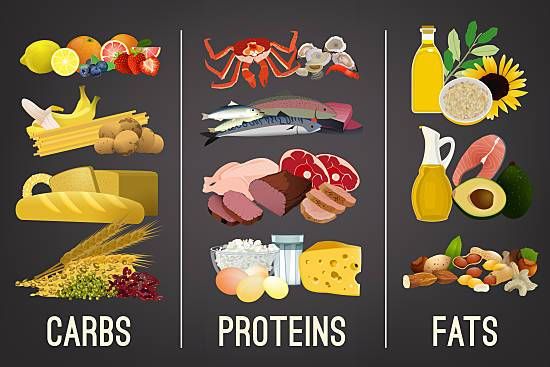
To keep a balanced diet, it’s important to know about each nutrient’s role. Macronutrients give you energy and support your body. Carbohydrates are the main fuel. Proteins help muscles grow and repair. Fats help absorb nutrients and protect your organs.
Micronutrients, like vitamins and minerals, are just as crucial for your health. Vitamins aid metabolism and immune health. Minerals support bones, nerves, and enzymes.
Eating the right amounts of macronutrients and micronutrients leads to a balanced diet. This supports your health and body functions. Always talk to a healthcare expert or dietitian for advice tailored to you.
Nutritional Value Analyzers: How They Work
Nutritional value analyzers are tools that provide information about the contents of your food. They employ advanced techniques, such as spectrophotometry or infrared analysis. These methods determine the types of nutrients present in various foods.
When you want to use one, you either type in the food or scan its barcode. The machine then gives you a full report of what’s inside. You’ll see how many calories, carbs, proteins, fats, vitamins, minerals, and other nutrients there are. It might even tell you about any allergens or additives.
These machines help you keep track of what you eat. This way, you can make sure your meals fit your health and nutrition goals.
Exploring the technology behind nutritional value analyzers
Nutritional value analyzers use high-tech methods to understand the nutrients in food. They analyze food using techniques like spectrophotometry or infrared analysis to find out what’s inside.
Spectrophotometry assesses the amount of light absorbed by a substance and the amount that passes through. It determines the concentration of a specific nutrient in food. Infrared analysis, however, uses reflected infrared light to identify and quantify food components.
These techniques offer comprehensive data on a food item’s caloric content, carbohydrates, proteins, fats, vitamins, minerals, and other essential nutrients. With these accurate instruments, nutritional value analyzers supply precise information. Consequently, individuals can make informed dietary choices and maintain a balanced diet.
Analyzing the accuracy and reliability of these devices
Accuracy and reliability are important when choosing nutritional value analyzers. These devices use advanced technology to measure food nutrients. The accuracy and reliability can differ by model and brand. You can check an analyzer’s accuracy by comparing it to lab results. User reviews and expert advice can help assess its reliability. Regular calibration and maintenance are needed to keep the analyzer accurate. Considering these points will help you decide on a nutritional value analyzer’s accuracy and reliability.
Decoding Macro and Micronutrients
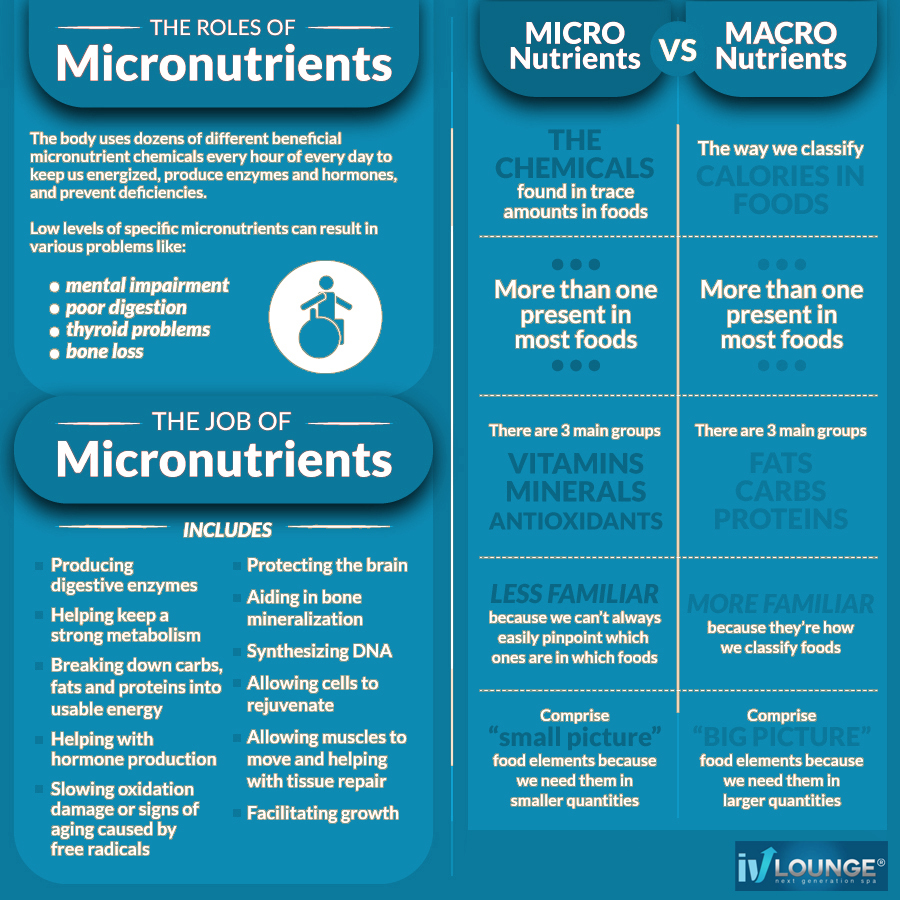
When it comes to understanding our nutritional needs, it’s important to decode the science behind macro and micronutrients. Macronutrients are the nutrients needed in relatively large quantities by our bodies, such as carbohydrates, proteins, and fats. They provide energy, support growth, and repair, and help regulate bodily functions. Micronutrients are important vitamins and minerals needed in smaller amounts but they are critical for overall health. These include vitamins like A, B, C, D, E, and minerals like calcium, iron, and zinc. Understanding macronutrients and micronutrients helps us make informed dietary choices and maintain a balanced and healthy lifestyle.
Understanding the functions and sources of macronutrients
Macronutrients are essential nutrients needed by our bodies in larger quantities for optimal functioning. Let’s break down the functions and sources of each macronutrient:
- Carbohydrates: Carbs are the primary source of energy for our bodies. They provide fuel for physical and mental activities. Good sources of carbohydrates include whole grains, fruits, vegetables, and legumes.
- Proteins: Proteins are the building blocks of our body tissues. They are crucial for growth, repair, and maintenance of muscles, bones, and organs. Excellent sources of protein include lean meats, poultry, fish, dairy products, beans, and nuts.
- Fats: Healthy fats are essential for hormone production, absorption of fat-soluble vitamins, and protecting our organs. Sources of healthy fats include avocados, nuts, seeds, olive oil, and fatty fish.
Remember, a well-balanced diet should include all three macronutrients in appropriate proportions to support overall health and wellbeing.
Unveiling the importance and benefits of micronutrients
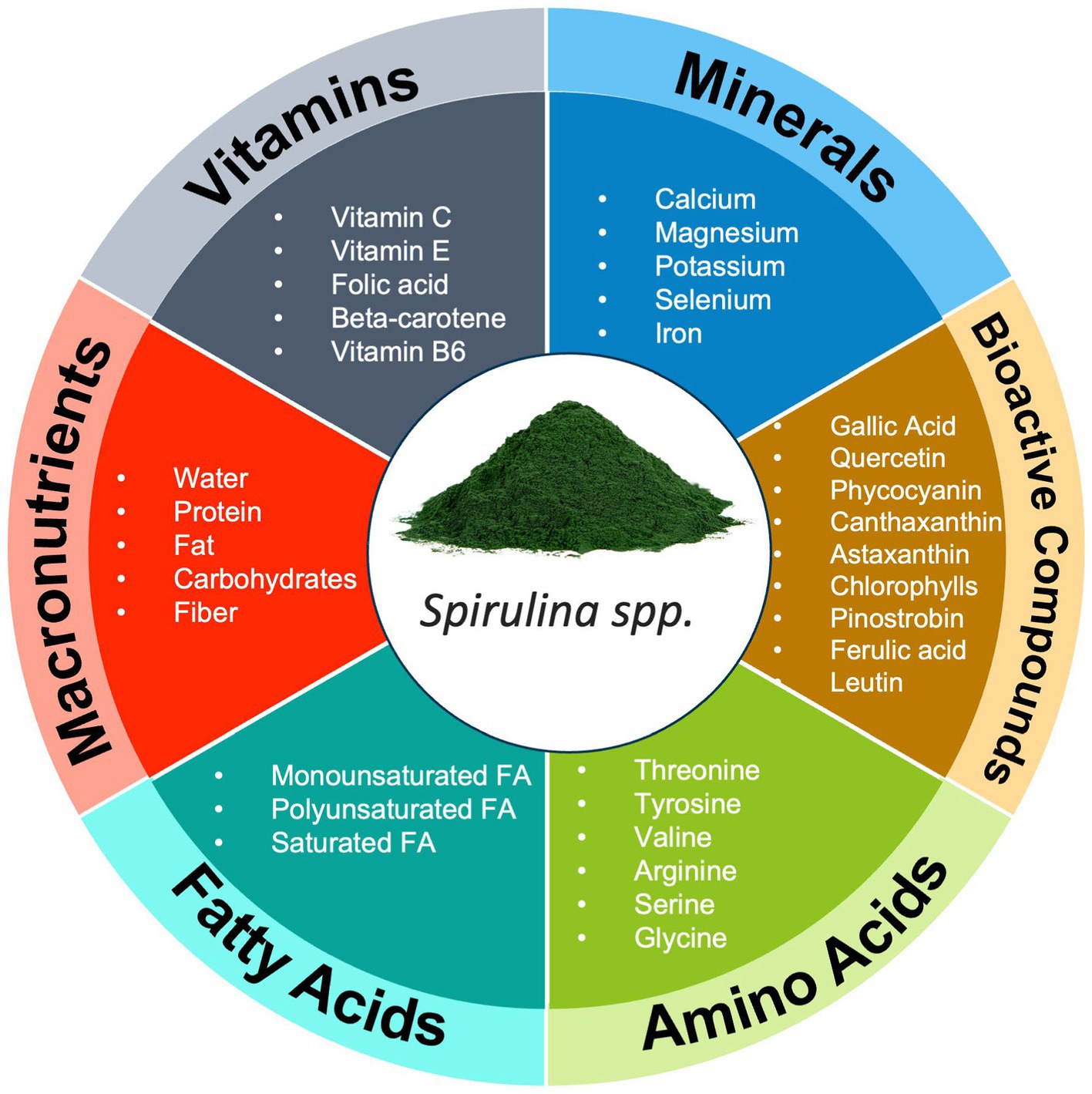
Micronutrients are needed in small amounts but are vital for our health. They include essential vitamins and minerals that help our bodies in many ways. They support our immune system, help us grow and develop healthily, and help break down the food we eat.
It is important to get enough micronutrients to avoid deficiencies and stay in good health. Proper nutrition supports our immune system, prevents chronic diseases, enhances brain function, and aids in tissue healing and growth.
You can track your micronutrient intake with a nutritional value analyzer. This tool helps you ensure you get your daily needed amounts. It helps you choose foods wisely for a diet rich in essential micronutrients.
Taking care of your micronutrient intake is just as important as paying attention to macronutrients. By striking the right balance, you can support your overall health and well-being.
Utilizing Nutritional Value Analyzers
To effectively utilize nutritional value analyzers, start by inputting the food items you consume daily into the device. Be sure to include all ingredients and portion sizes for accurate results. Analyzers will then decode the nutritional content of your meals, revealing the exact amounts of macro and micronutrients present. This information allows you to track your intake and make adjustments as needed to meet your dietary goals.
Many analyzers have useful features like meal planning and recipe analysis. These features help you make balanced and healthy meals. Use these tools to add many nutrient-rich foods to your diet. Always talk to a healthcare professional or a registered dietitian. They can give you advice that fits your own nutritional needs and goals.
How to effectively use nutritional value analyzers to track nutrient intake

To use nutritional value analyzers effectively, input the food items you eat each day. Include all ingredients and portion sizes.Ensure accuracy for reliable results. The analyzer will decode the nutritional content of your meals, providing precise amounts of macro and micronutrients. Use this information to track your intake and make adjustments as needed to meet your dietary goals.
Use meal planning and recipe analysis features provided by many analyzers. These tools can help you make balanced and healthy meals. Include a variety of foods that are rich in nutrients. Remember, nutritional value analyzers are just tools. You should also get advice from healthcare professionals or registered dietitians. They can give you personalized advice to meet your nutritional needs and goals.
The potential limitations and precautions while using these devices
Be aware of the limitations of nutritional value analyzers and take necessary precautions for accurate results.Here are a few considerations:
- Ingredient Accuracy: Ensure that you input the correct ingredients and portion sizes into the analyzer for precise nutrient calculations. Inaccurate inputs can lead to misleading results.
- Database Limitations: Nutritional databases used by analyzers may not contain every food item or brand variation. Be cautious of using generic entries or unfamiliar products that may not accurately represent the nutrient content.
- Food Preparation: Analyzers may not account for changes in nutrient composition during cooking or processing. Consider the impact of cooking methods and ingredient preparation on nutrient values.
- Individual Variations: Nutritional needs and absorption rates differ among individuals. The analyzer provides general values but may not consider personal variations, such as metabolism or health conditions.
- Professional Guidance: Nutritional value analyzers are helpful tools, but it’s always prudent to consult with healthcare professionals or registered dietitians for personalized advice and recommendations tailored to your specific needs and goals.
By knowing these limitations and taking precautions, you can use nutritional value analyzers to track your nutrient intake and make informed dietary choices.
Conclusion
Nutritional value analyzers are very important. They help us figure out what’s in our food, like macronutrients and micronutrients. These gadgets let us know what we are eating so our bodies can stay healthy.
We use them to make good choices about what we eat. This helps us keep the right balance of nutrients. Knowing about what each nutrient does is helpful, and these devices teach us that. As they get better with new technology, they will give us even more precise information.
These analyzers give us the power over our own health. With their help, we can pick foods that are good for us. So, use these tools and start working toward being healthier and more balanced.
The impact of nutritional value analyzers on optimizing nutrition
Nutritional value analyzers help us improve our diets. They give us detailed reports on the big and small nutrients in our food. This information lets us spot any issues, such as missing nutrients, in what we eat. We can then change our eating habits to fix these problems. These tools make it easy to keep track of the nutrients we need every day. They also teach us about the important roles of different nutrients. Using these analyzers, we manage our nutrition better. This way, we make healthy choices for our bodies.
Future prospects and advancements in the field of nutritional analysis
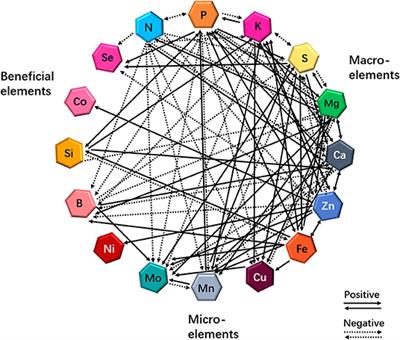
Technology is rapidly changing, and this change includes the nutritional analysis field. We can look forward to exciting future enhancements that will deepen our knowledge about important nutrients.
Soon, we will see advanced devices that can analyze the nutritional content of foods more precisely. They will give instant feedback and advice tailored to each person’s dietary needs.
These devices might be connected to wearable tech like smartwatches. This would make it easy to monitor what nutrients we consume throughout the day and get personal diet tips.
Artificial Intelligence (AI) and machine learning will help in making sense of large amounts of dietary data. This will lead to more accurate dietary suggestions to prevent nutrient shortfalls.
Moreover, there will be more easy-to-use apps for nutritional analysis. These will help people keep track of their nutrient intake more conveniently and will appeal to many users.
With these developments, nutritional value analyzers will become increasingly essential. They will aid in promoting good health and ensuring our diets are full of the nutrients we need.
As a veteran fitness technology innovator and the founder of GearUpToFit.com, Alex Papaioannou stands at the intersection of health science and artificial intelligence. With over a decade of specialized experience in digital wellness solutions, he’s transforming how people approach their fitness journey through data-driven methodologies.
